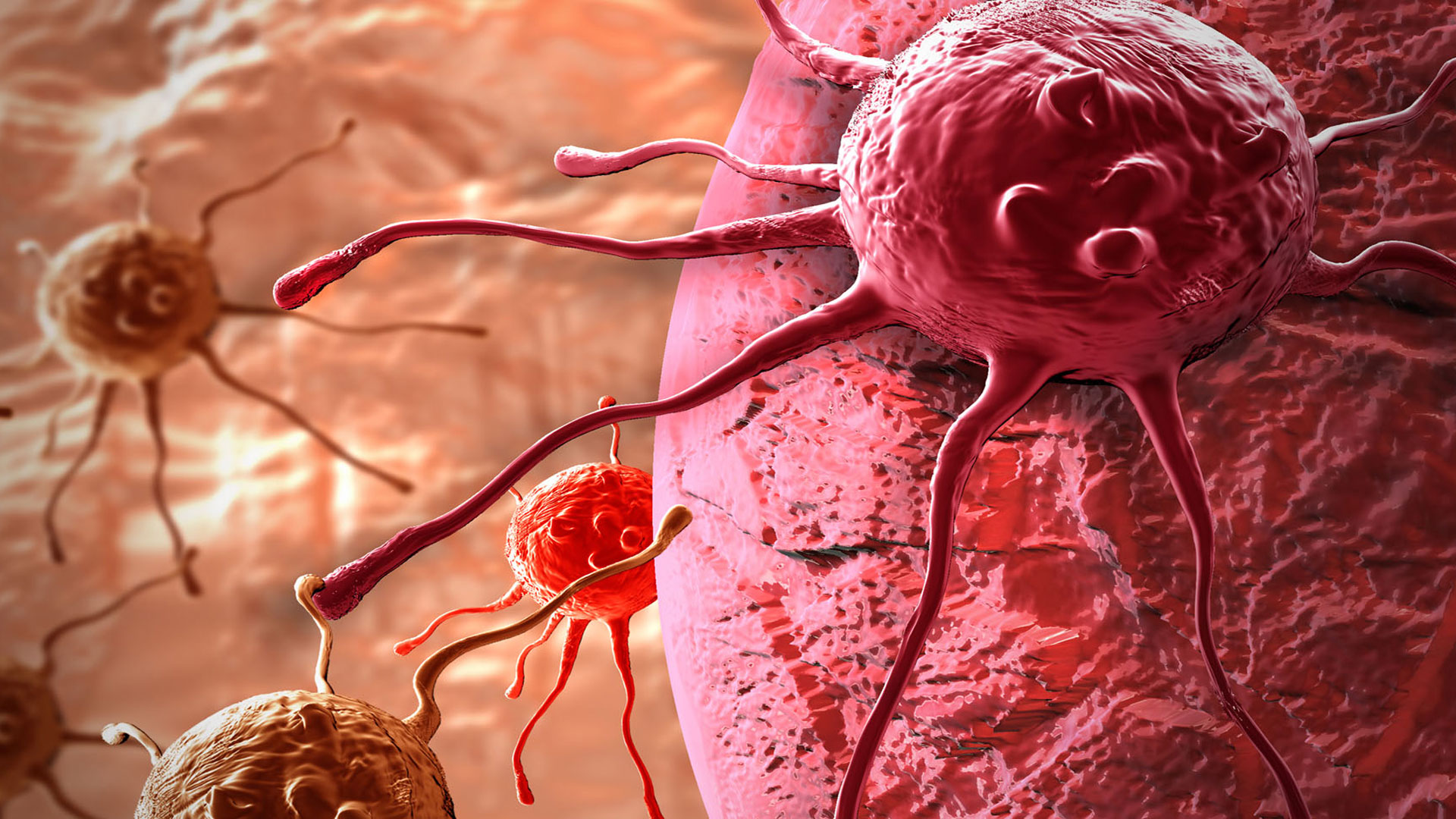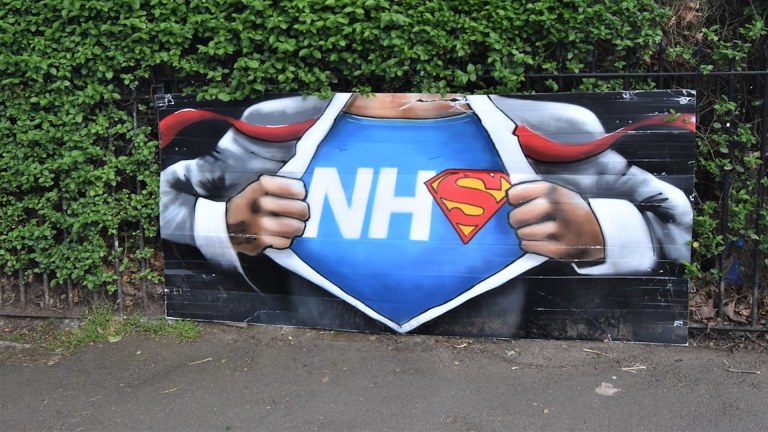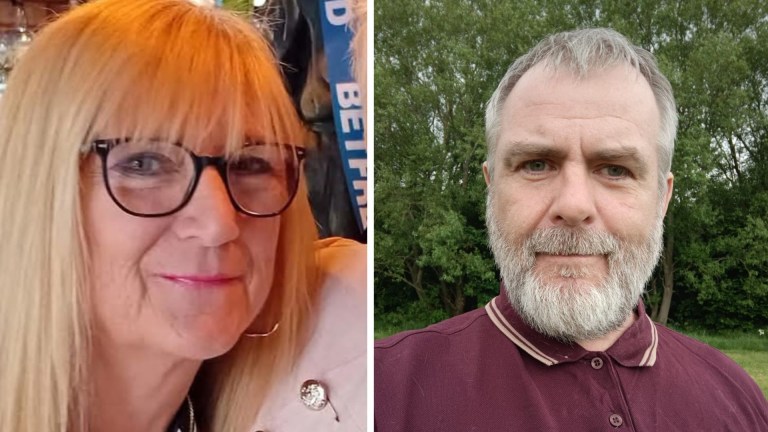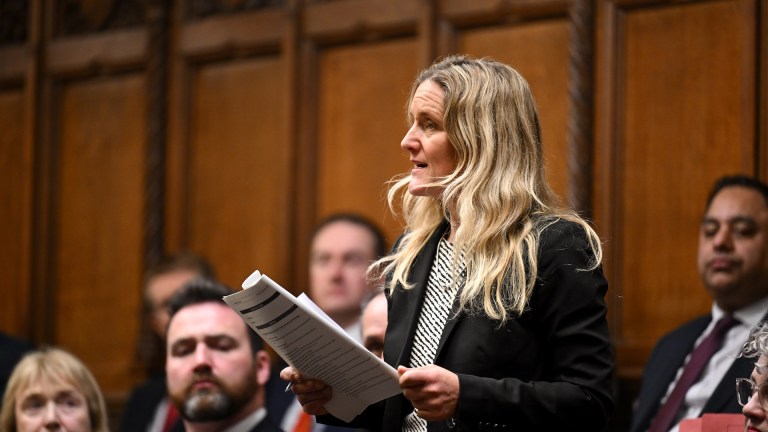How likely is it you will find a cure for cancer? It’s very unlikely there will ever be a single ‘cure’ because cancer is made up of more than 200 different diseases – like breast, lung, bowel, prostate and blood cancers – and the latest molecular research is breaking these classes down into many more sub-groups. Different targeted treatments are needed for each sub-type – an approach called ‘personalised medicine’. At The Institute of Cancer Research (ICR) we have a relentless focus on making the discoveries that defeat cancer. Our scientists and others worldwide are working incredibly hard to discover better treatments that will cure cancer. On the way to that, we know patients and their families also value therapies that prolong life, for example extending survival in hard-to-treat advanced cancers from a few months to many years.
Which cancers are most effectively treatable? Testicular cancer is now more than 95 per cent curable with drugs. Results in some leukaemias have improved dramatically. Treatments for cancers like breast, bowel, prostate and ovarian cancer have also improved a lot. But other cancers are much tougher to treat. For example, Cancer Research UK has prioritised lung, pancreatic, gullet and brain cancers because the survival rates remain very low.
People should definitely be less afraid of cancer than in the past
Should we be less afraid of cancer? People should definitely be less afraid of cancer than in the past and I think this is happening. Cancer is not now the death sentence it used to be. Survival rates have doubled since the 1970s. Half of patients with cancer now survive for five years or more. People are better informed, are becoming more aware of the symptoms, and realising that research leads to better treatments and outcomes. So we should be less afraid but we still need to improve awareness.
How important is early detection and treatment? Detecting and treating cancer early is really very important. It’s clear that in many cancers early detection and treatment does lead to much better outcomes. Just over half of patients with cancer are diagnosed at a stage when the disease can be successfully treated – but this means that for nearly half of patients the cancer is detected too late. It’s important that people contact their family doctors if they have unusual or worrying symptoms so that tests can be carried out in good time. A recent independent survey confirmed the value of mammography screening for breast cancer. There are new initiatives for early detection in bowel and ovarian cancer.
How big a role does prevention play? Prevention is extremely important. But there is no magic pill. Smoking is still the leading cause of lung and other cancers worldwide and we need to continue to campaign for measures that discourage smoking. Excessive exposure to the sun and sunbed use is the main cause of lethal melanoma skin cancers. The evidence is also clear that a good balanced diet, avoiding obesity and excessive alcohol intake, and taking regular exercise all help in a major way to prevent many cancers; in other words a healthy lifestyle.
How does better understanding of hereditary factors help? Our research at the ICR provided the first evidence that damage to our DNA code is the fundamental cause of cancer at the molecular level. Cancer-causing faults in our DNA code can be inherited from our parents or can be acquired during our lifetime – for example, by smoking. We have now catalogued many inherited genes that can increase the risk of different cancers. Some are powerful on their own – such as the BRCA genes in families at high risk of breast and ovarian cancer – which means that appropriate genetic counselling and testing can be provided and relevant action taken. Other genes have weaker effects and work alongside many additional cancer genes, meaning that counselling is less straightforward. This is a very important area of research.










